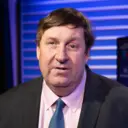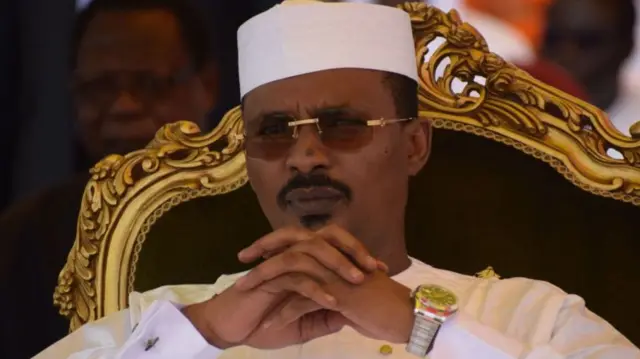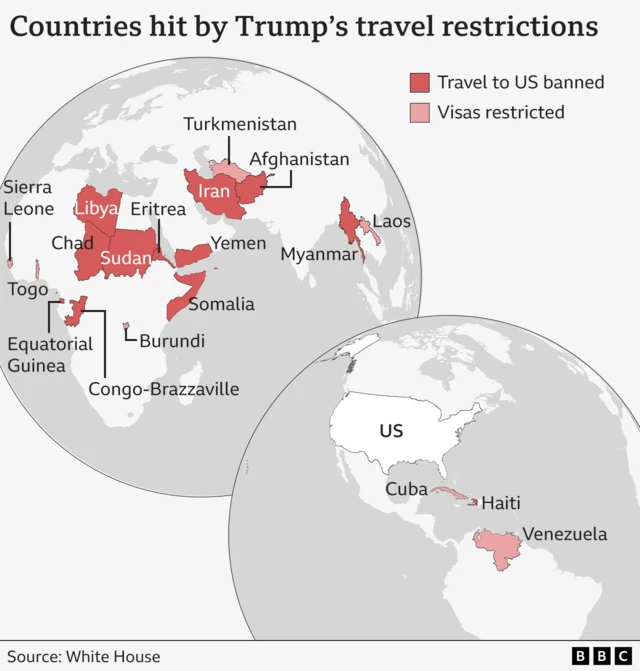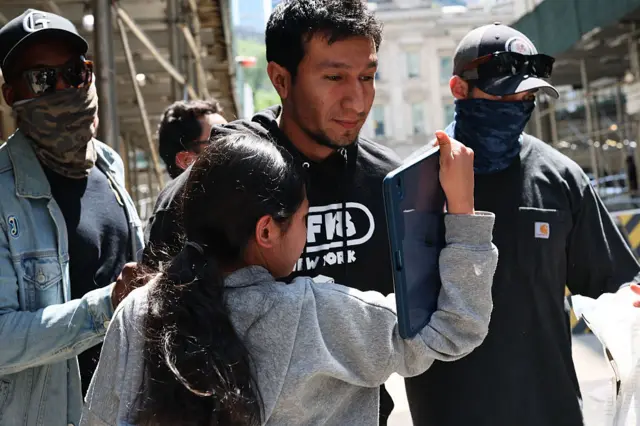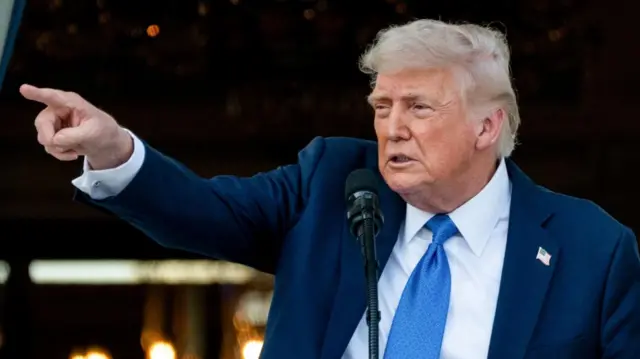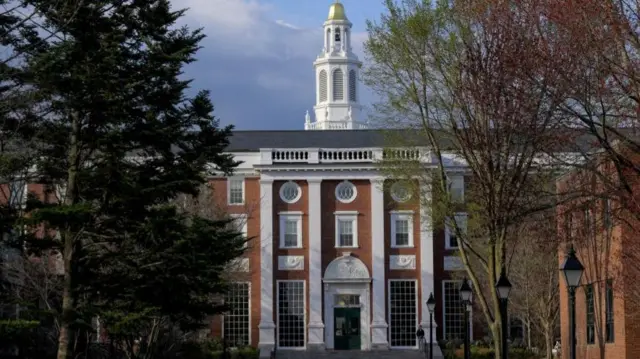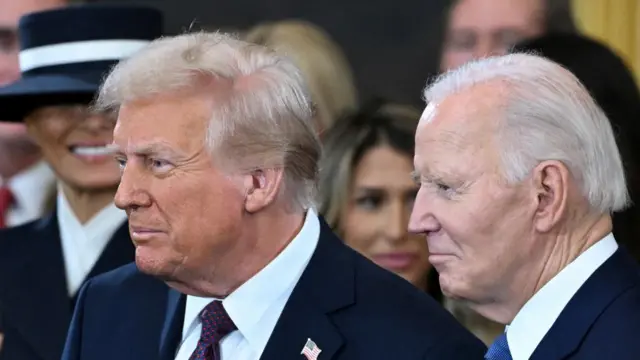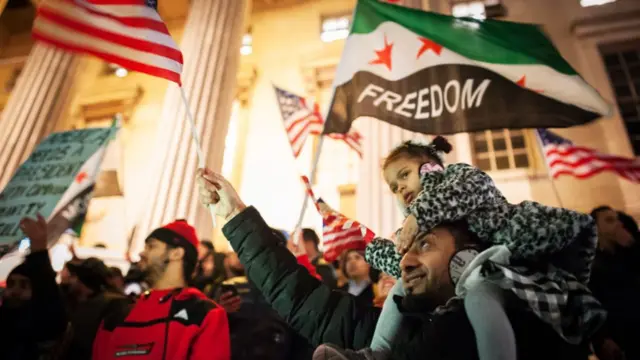New Trump travel ban shows ‘lessons learned’ from 2017 – legal expertpublished at 14:26 BST 5 June
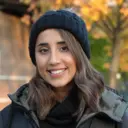 Neha Gohil
Neha Gohil
Live reporter
 Image source, Christi Jackson
Image source, Christi JacksonChristi Jackson, an expert in US immigration law, says the restrictions in Trump's latest travel ban are "wider in scope"
The White House’s new travel ban shows “lessons learned” from 2017 and is more legally robust, according to an expert in US immigration law at Laura Devine Immigration firm in London.
Christi Jackson says there are key differences between Trump's latest announcement and the 2017 travel ban, including the fact that the latest ban is not being implemented immediately, the restrictions are "wider in scope" and has "clearly defined" exemptions, she says.
In contrast, there was a “lack of clarity” as well as “confusion” with the original 2017 ban on seven Muslim-majority countries, she says, which was brought in at a few hours' notice and led to chaotic scenes at the border.
“They took the facts from the first ban and the lessons learned and analysed the case,” she says.
If there was to be a legal challenge against the 2025 ban, Jackson says this could be on the basis that the restrictions are being introduced for “political reasons”.
“They’re saying it’s national security, when it’s actually a pretext for a political target – is maybe where the argument [could] go," she adds.
